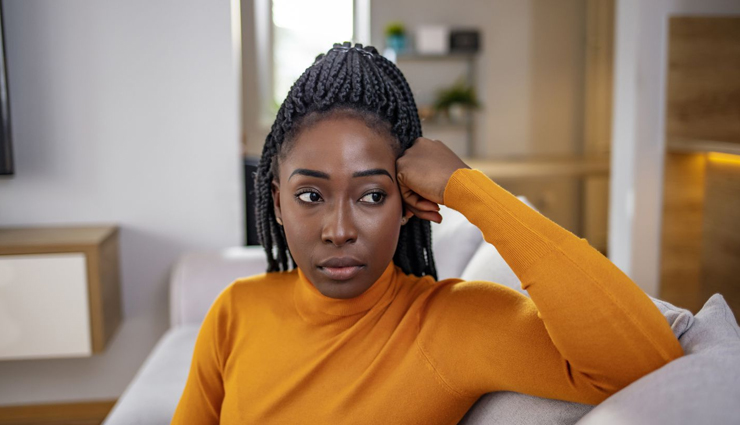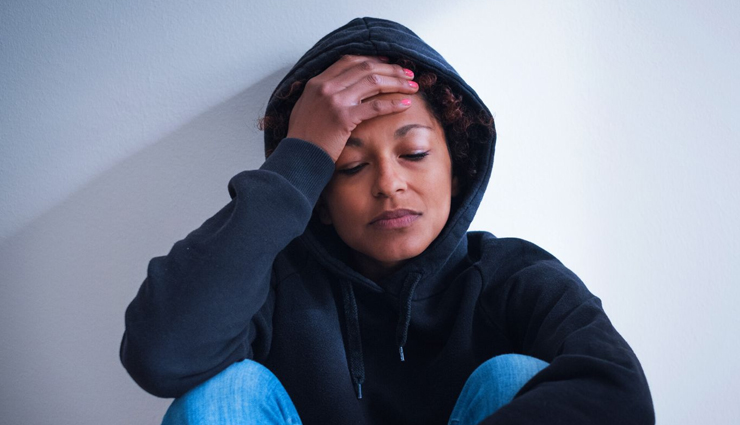7 Big Signs That You Feel Unlovable

Coping with these feelings involves practicing self-love, engaging in open communication, and fostering healthy relationships. Sometimes, the perception of being unloved reinforces these emotions, making self-exploration and seeking support vital for developing a positive self-image.
Navigating these complex emotions requires self-awareness and external support. Overcoming challenges like low self-esteem or unresolved past experiences calls for self-compassion, meaningful connections, and open dialogue.
The experience of feeling unlovable can subtly impact various aspects of life. Recognizing the signs is key to increasing self-awareness and finding the support needed to address these emotions. Here are seven indicators that may suggest you are struggling with feelings of unworthiness.

One of the most telling signs of feeling unlovable is persistent self-doubt. Individuals struggling with this may frequently question their worthiness of love and validation. Thoughts like, “Do I truly deserve love?” or “Why would anyone care for me?” often dominate their mindset.
Challenging and reframing these negative thoughts is essential in breaking free from this cycle.
# Fear of Intimacy
Those who feel unlovable may instinctively shy away from intimacy due to a fear of rejection or disappointment. This can manifest as reluctance to form deep emotional connections, hesitancy to open up, or distancing oneself from existing relationships.
Acknowledging these behaviors and addressing the underlying fear of vulnerability is key to fostering meaningful connections.
# Dependence on External Validation
A strong reliance on others for validation can indicate underlying feelings of being unlovable. If your sense of self-worth is heavily influenced by external opinions, it may suggest an internal struggle.
Developing self-confidence and recognizing that your value is not dependent on outside approval is an important step toward emotional independence.
For some, perfectionism becomes a defense mechanism to mask feelings of unworthiness. Believing that love must be earned through flawlessness can create ongoing stress and dissatisfaction.
Embracing imperfections as part of being human is essential for breaking free from this unrealistic standard and fostering self-acceptance.
# Struggling to Accept Compliments
Difficulty accepting compliments graciously is a common trait among those who feel unlovable. They may deflect, downplay, or dismiss kind words as insincere.
Learning to acknowledge and internalize positive feedback is vital in cultivating a healthier self-image and embracing the love and appreciation offered by others.
# Withdrawing from Others
A deep sense of unworthiness can lead to isolation, both emotionally and socially. Those affected may withdraw from interactions, preferring solitude over connection.
Breaking this cycle requires reaching out for support—whether from friends, family, or professionals—to counteract feelings of loneliness and self-doubt.
# Sabotaging Relationships
Individuals who struggle with feelings of being unlovable may unknowingly sabotage their relationships. They might create situations that reinforce their belief in their unworthiness, push people away, or choose partners who validate these negative feelings.
Recognizing these patterns and understanding their root causes is crucial in overcoming self-sabotage and cultivating healthier, more fulfilling relationships.